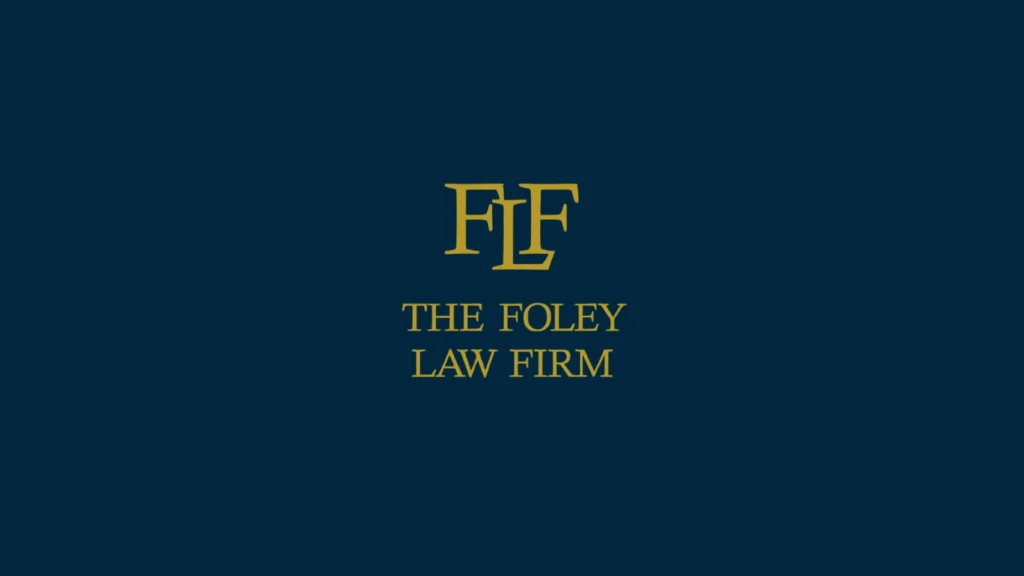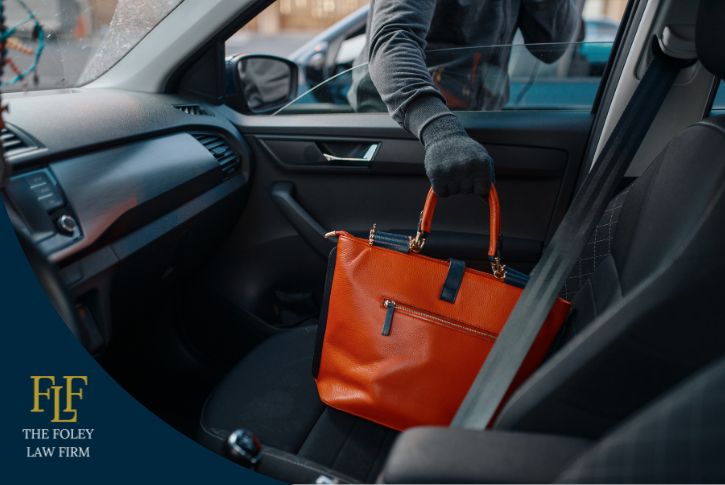FAQs About Criminal Defense
Below are some frequently asked questions about Criminal Defense:

Do I need an attorney if I expect to plead guilty to a crime in Colorado Springs? How can I be sure I am making the right decision?
Yes, even if you plan on pleading guilty, you should first consult with a lawyer. A guilty plea might not be the best decision, and your attorney can help you fully understand the charges, the consequences, and other options.
How does attorney-client privilege work for a criminal defense case in Colorado? Are there exceptions to attorney-client privilege in Colorado Springs?
The attorney-client privilege means that anything you say to your attorney as you seek legal counsel cannot be divulged by your lawyer. There are exceptions, such as making a statement to your lawyer to conceal a crime.
Other exceptions also apply, and we can discuss them during a consultation with The Foley Law Firm.
What is an arraignment, how should I prepare, and what should I expect concerning an arraignment for a crime in Colorado Springs?
Typically, an arraignment is the first court appearance, which may be combined with a bail hearing. At this appearance, you will hear any charges formally read to you.
The best way to prepare for an arraignment is to be professionally dressed, well-groomed, and respectful. Your attorney will further guide you.
What is a deposition in a Colorado Springs criminal defense case, and what should I expect?
The deposition is a way for attorneys to gather witness statements from key witnesses. A court reporter will transcribe everything said at the deposition, and the information can be used to help defend your case.
Will my criminal defense case likely go to trial, and how can a Colorado Springs criminal defense attorney help me to improve my prospects and likely consequences as I face a criminal charge? (What is a plea bargain?)
It’s estimated that only about 2% to 5% of criminal cases go to trial. The reason is that prosecutors are usually very confident about a defendant’s guilt before filing a claim. Many defendants work with their attorneys on plea bargains, which is a way to amend, reduce, or dismiss charges. An experienced criminal defense attorney will be well-versed in structuring a plea agreement that is as favorable as possible.
Can the police in Colorado search me or my property if they don’t have a warrant and I do not give them permission? How should I respond to a search attempt or request in Colorado Springs?
Generally speaking, police need a warrant to search you or your property. However, several exceptions to the warrant requirement exist. As a rule of thumb, remain calm and respectful when asked to submit to a search. Your lawyer can help determine whether the search was lawful.
Why Choose The Foley Law Firm?
We can put your life back together. Unlike other law firms, we remain accessible to answer your questions and help you navigate important decisions from the moment you contact us until your case is resolved.
- Founded by David W. Foley, who, as a former prosecutor, designed the training program for the prosecutors at the 4th Judicial District Attorney’s Office
- Community-minded legal advocacy in Colorado Springs and the Pikes Peak area
- Consistent communication to coordinate your defense strategy
- Personalized, committed service and respectful, neighborly treatment
- Experienced guidance and strategic direction — bringing you peace of mind
- Free consultations for criminal defense cases
We’re One of You; We’re Here To Help

Our Latest Blogs

When Should You Hire a Criminal Defense Attorney in Colorado?
Are you facing criminal charges in Colorado Springs and unsure if you need legal representation?…

Understanding the Difference Between Petty and Felony Theft Charges in Colorado
Have you been accused of theft in Colorado involving an item of low value or…

What Are the Penalties for DUI in Colorado?
As Colorado Springs DUI lawyers, we know from experience that a DUI conviction in Colorado…





